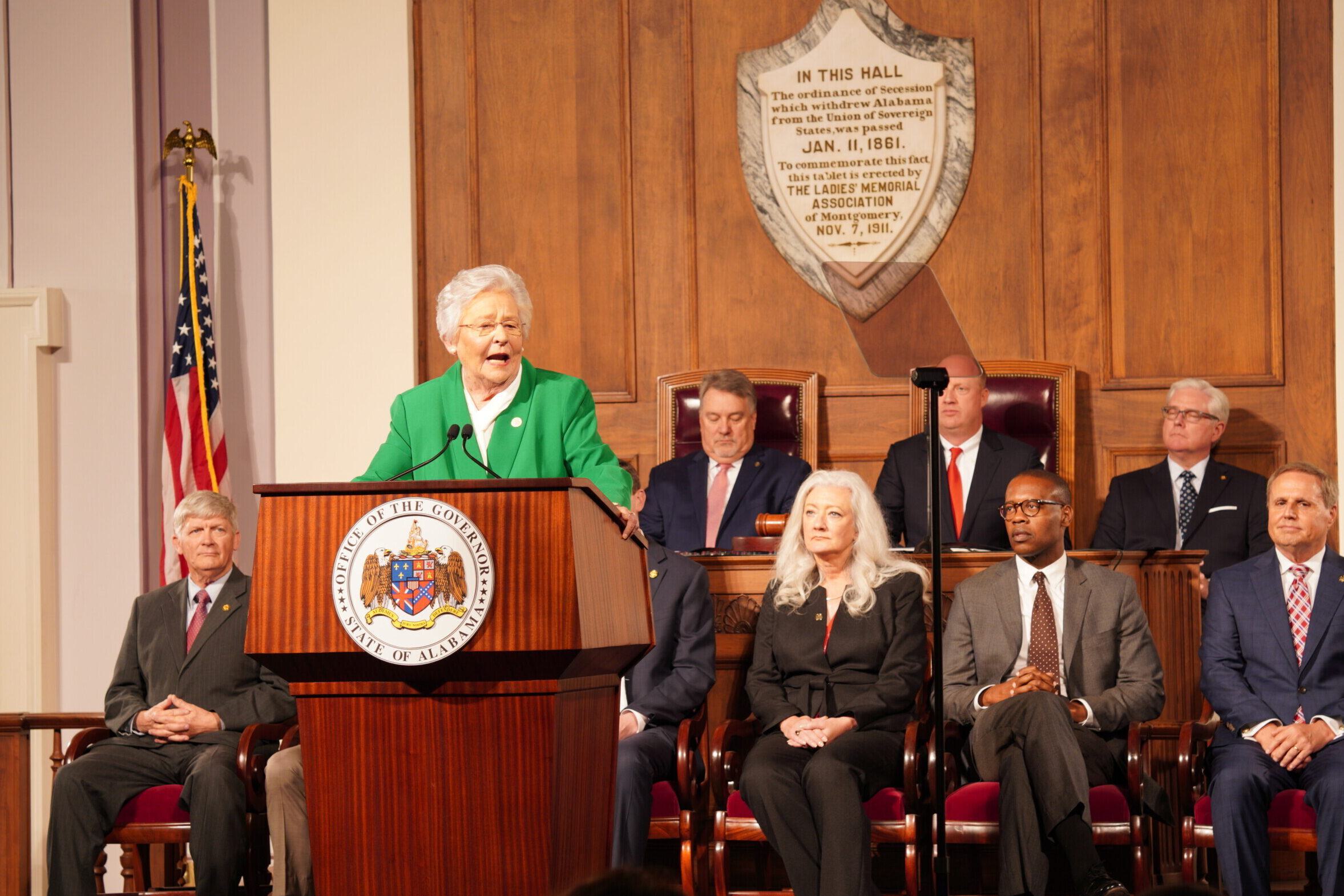Legislation placing deadlines on public records request responses in Alabama by State Sen. Arthur Orr (R-Decatur) failed to come to the House floor on the final day of the 2023 legislative session.
Under the bill, government officials would have to respond 16 business days after the date of the receipt of the request with either the requested records, a cost estimate for copying and production of the requested records, a full denial of the request, or a partial denial of the request.
The government official would have no more than 45 business days to produce the records after the cost estimate is agreed upon with the citizen requesting the records.
Under the legislation, any denial of the request would identify the subject matter of the withheld public records and cite the specific reason or reasons for the withholding that are known by the public officer at that time. A public officer may revise the initial reasons for a denial by sending the requester the revised reasons for the denial not more than 30 business days after the initial denial.
According to House Speaker Nathaniel Ledbetter (R-Rainsville), Gov. Kay Ivey's office wanted to take a closer look at the legislation before giving it the nod.
"I think it was one of those things that the governor really wanted to look at closer," Ledbetter said. "I'll just be honest. I think the executive branch wanted to make sure that it was something that was okay. I think we got another shot at it next year. We'll see where it goes, and we'll go from there."
Earlier this year, Ivey issued several executive orders meant to streamline the public records request system in the state.
Alabama's Open Records Law is generally considered one of the weaker laws compared to other states. It allows citizens to inspect and take copies of records requested with exceptions but doesn't provide a specific deadline for when Alabama state and local governments have to reply to records requests.
Ivey's executive orders established a series of protocols for accessing public records across state agencies.
The executive orders did the following:
· Require executive branch agencies to establish a public records page on their website
· implement different time constraints based on the type of public records request made
· Remove all fees for documents provided electronically and create a uniform fee schedule for all other records requests.
1819 News reached out to Ivey communications director Gina Maiola asking what specific issue Ivey had with the bill.
"We have made meaningful progress already through the governor's executive order on public records, and this bill, on this final day of Session, was not ready for passage," Maiola said.
To connect with the author of this story or to comment, email craig.monger@1819news.com.
Don't miss out! Subscribe to our newsletter and get our top stories every weekday morning.










